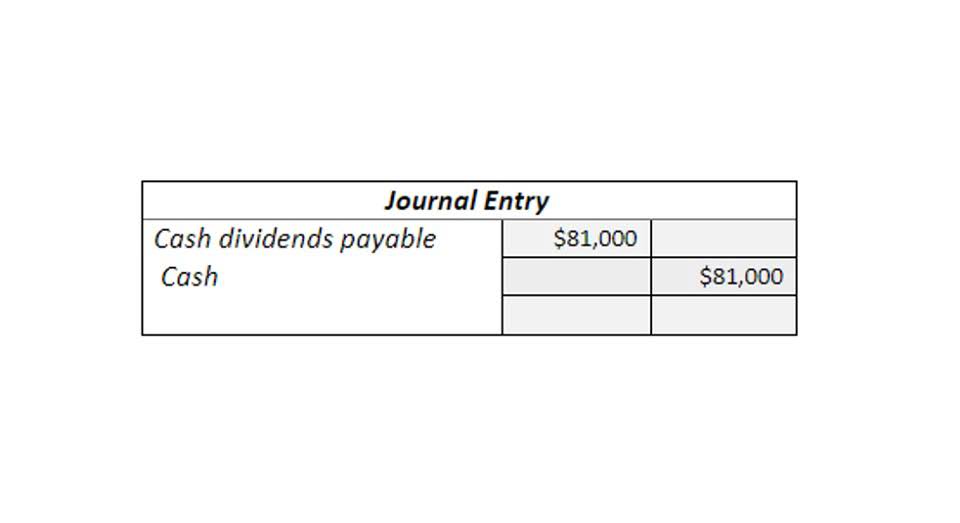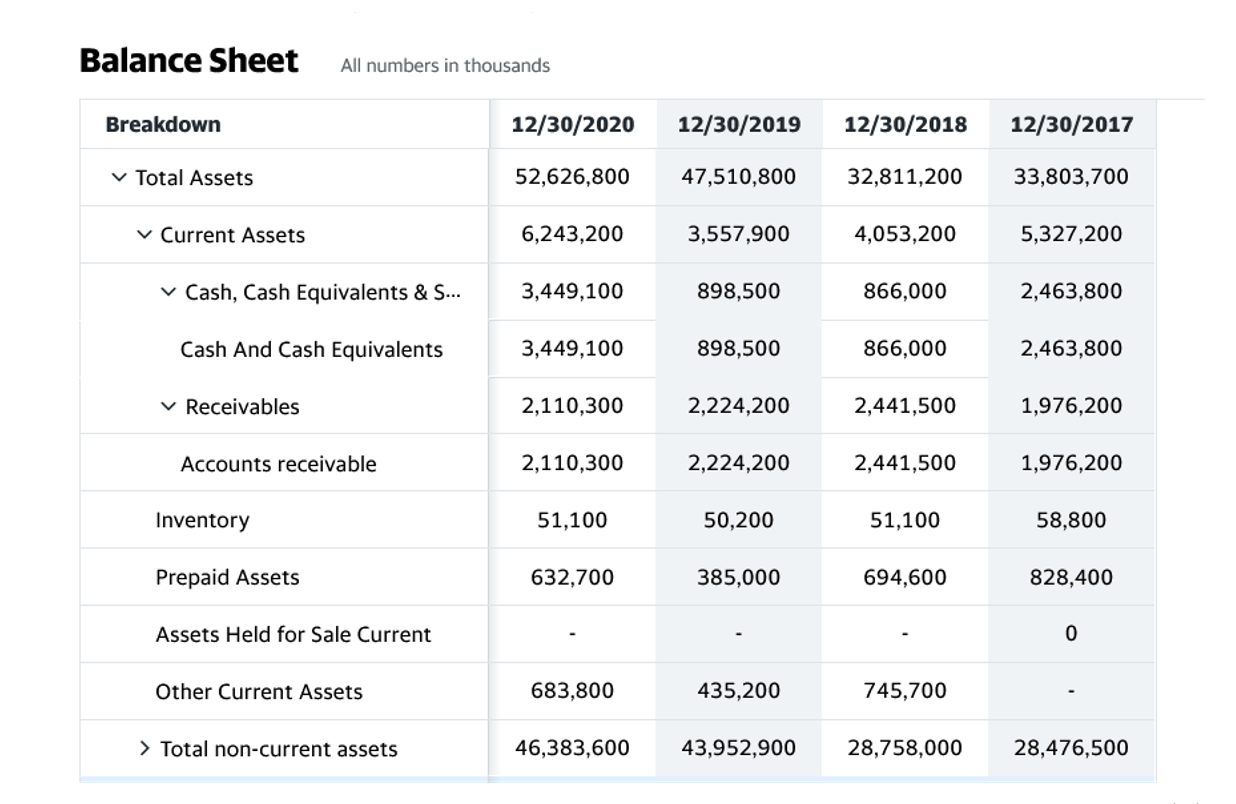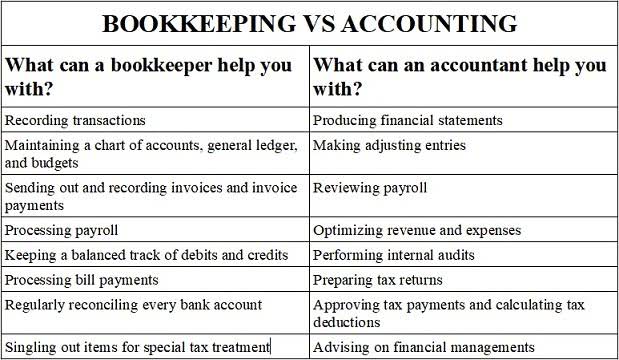
This method capitalizes costs based on the success of a well, meaning if hydrocarbons are produced, costs are capitalized. It caters to small and medium-sized businesses, focusing on financial management, production tracking, and cost control. Revenue recognition in the oil and gas industry requires understanding both contractual arrangements and market dynamics. This complexity arises from diverse sales agreements, including spot market transactions, long-term supply contracts, and production-sharing agreements.
Oil and Gas Accounting: Key Principles and Practices

The accounts are grouped into categories or segments, such as assets, liabilities, equity, revenue, and expenses. The oil and gas industry’s COA may differ from other industries due to its distinct operational nature and specific regulations. Asset valuation in the oil and gas industry requires a blend of technical expertise and financial acumen. The intrinsic value of an asset is often tied to its reserves, necessitating a thorough understanding of reserve estimation methodologies.
Comprehensive Accounting Practices for Car Dealerships

These tools manage shared financial responsibilities by automating cost allocation and partner billing. In the oil and gas industry, maintaining an effective Chart oil and gas accounting of Accounts (COA) is essential for accurate financial management, reporting, and analysis. A well-structured COA enables organizations to track and categorize financial transactions, adhere to regulatory requirements, and support strategic decision-making.
The Role of Accounting Standards Codification in Financial Reporting
The petroleum industry in Nigeria has brought unprecedented changes to the Nigerian economy, particularly in the past five decades when it replaced agriculture as the cornerstone of the Nigeria economy. This paper utilizes secondary sources of data and Structural-Functionalism to explain the role of Nigerian state in the petroleum industry. However, unless the country deepens its economic reform initiatives to include effective diversification of the petroleum sector, the performance of the economy will continue its unimpressive trend. Diversification of the economy should also extend beyond the Petroleum sector so that the country can become a major force in the emergent global economic order of the 21st century. Policy makers should develop the nation’s vast resources in the agricultural and solid mineral sectors for the global markets and reap the benefits that accompany economic diversification.
- The classification of reserves into proved, probable, and possible categories is a crucial step in this process.
- Each of these has its own unique set of departments that handle the various entries and procedures to ensure costs and revenue are accounted for properly.
- Over the next decade, companies will see a fundamental transformation of how they can eliminate waste, streamline accounting, and automate daily tasks, as well as reduce overall G&A.
- The Financial Accounting Standards Board (FASB) and the International Financial Reporting Standards (IFRS) provide guidelines to ensure consistency and transparency in revenue reporting.
- Accurate DD&A calculations are essential for providing a realistic view of a company’s financial health and asset value.
- Additionally, Wezom supports multi-currency transactions, making it ideal for global operations.
Risk & Financial Advisory

Financial statements are prepared under the assumption that the entity will continue recording transactions to operate for the foreseeable future. This principle emphasizes the need to keep personal and business transactions separate. Information is considered material if its omission or misstatement could influence the economic decisions of users. Financial statements should include all necessary information to ensure that users can make informed decisions. Under this principle, notes to the financial statements, supplementary disclosures, and other relevant information should be included.

This technique incorporates market volatility and reflects changes in risk perceptions and economic conditions, offering stakeholders a realistic view of asset value. Stakeholders Coffee Shop Accounting rely on financial statements to assess the financial health of oil and gas companies. Proper accounting practices build trust among investors, regulators, and the public, fostering confidence in the industry. Revenue recognition in oil and gas accounting can be complex due to factors such as production-sharing agreements, joint ventures, and royalty payments. Oil and gas accounting is a specialized field that requires a deep understanding of both the industry and its unique financial practices.
